News
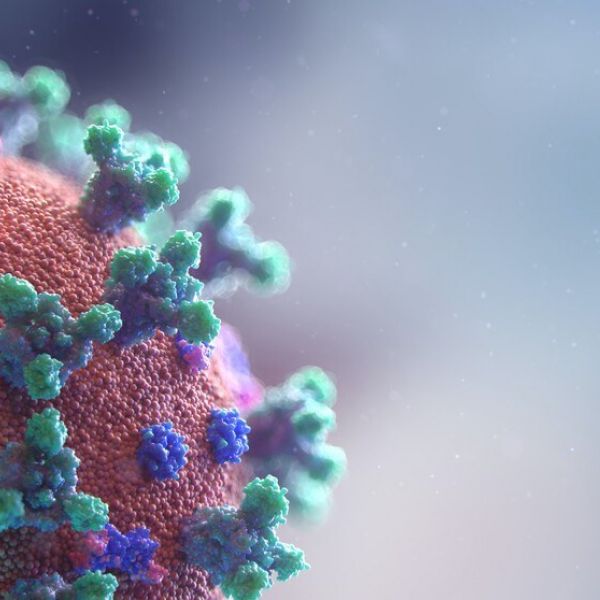
Jul 08, 2021
Fighting COVID with COVID
What if the COVID-19 virus could be used against itself? Researchers at Penn State have designed a proof-of-concept therapeutic that may be able to do just that. The team designed a synthetic defective SARS-CoV-2 virus that is innocuous but interferes with the real virus’ growth, potentially causing the extinction of both the disease-causing virus and the synthetic virus.
Full Article

Jun 30, 2021
International team develops predictive tool to help mitigate COVID-19 in Africa
The virus that gives rise to COVID-19 is the third coronavirus to threaten humanity in the past two decades. It also happens to move more efficiently from person to person than either SARS or MERS did. An international collaboration led by Penn State developed a surveillance modeling tool that provides a weekly projection of expected COVID-19 cases in all African countries, based on publicly available information.
Full Article

Jun 30, 2021
David Hughes named Chair in Global Food Security
David Hughes, professor of entomology and biology in Penn State’s College of Agricultural Sciences and creator of PlantVillage, a knowledge platform that helps farmers combat pests and adapt to climate change, has been named the Dorothy Foehr Huck and J. Lloyd Huck Chair in Global Food Security in the University’s Huck Institutes of the Life Sciences.
Full Article
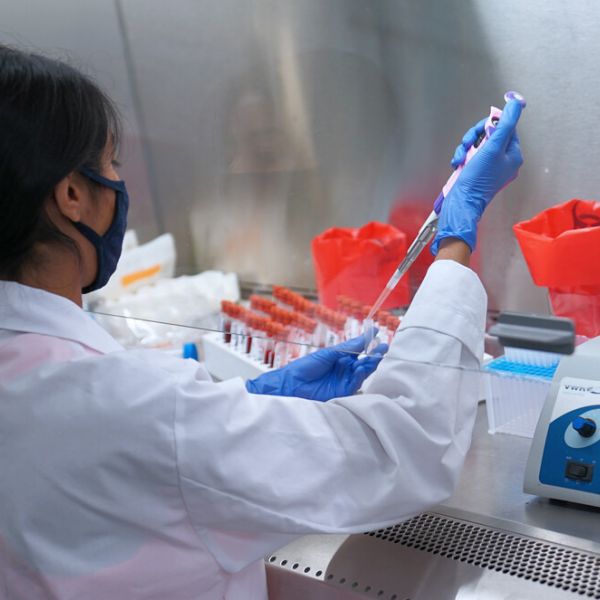
Jun 24, 2021
Behavior limits COVID-19 spread between University and community
When universities across the U.S. opted to return students to campus for in-person learning during the coronavirus pandemic in the fall of 2020, surrounding communities were understandably concerned that COVID-19 infections rates would significantly increase. In response, several Penn State researchers formed the Centre County COVID-19 Data 4 Action Project (D4A) to conduct anonymous surveys and biological testing for nonstudent residents and Penn State students to document the social and economic impacts of the pandemic in one community.
Full Article

Jun 09, 2021
PlantVillage team lauded for projects to protect food supply amid COVID, locusts
Penn State researchers responsible for PlantVillage, a mobile app that helps farmers diagnose crop diseases and monitor pests, have been lauded for their work to help African farmers overcome challenges related to desert locusts and COVID-19.
Full Article
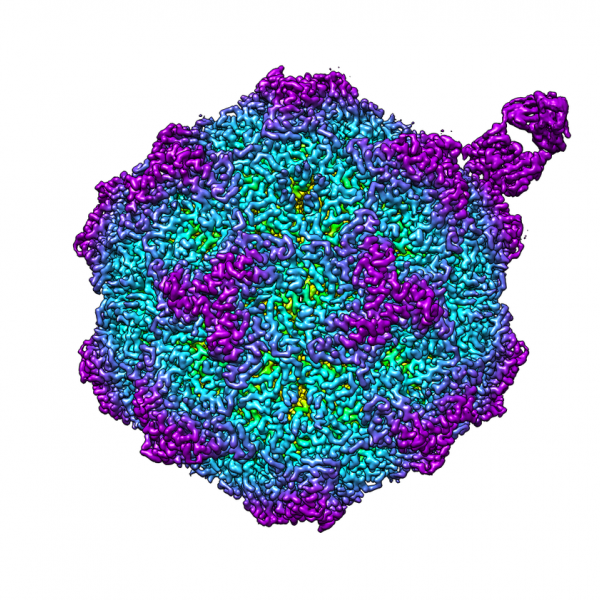
Jun 03, 2021
New images of canine parvovirus may help predict how virus jumps to new species
Canine parvovirus (CPV) is a highly infectious pathogen that causes severe diseases in unvaccinated dogs, including inflammation of the heart and acute gastrointestinal illness. Originating in cats, the virus is a rare example of a DNA-based virus that can jump between species, and a team of researchers’ discovery may help in predicting this and the virus’ ability to evolve, which could have implications for current vaccines used in dogs.
Full Article
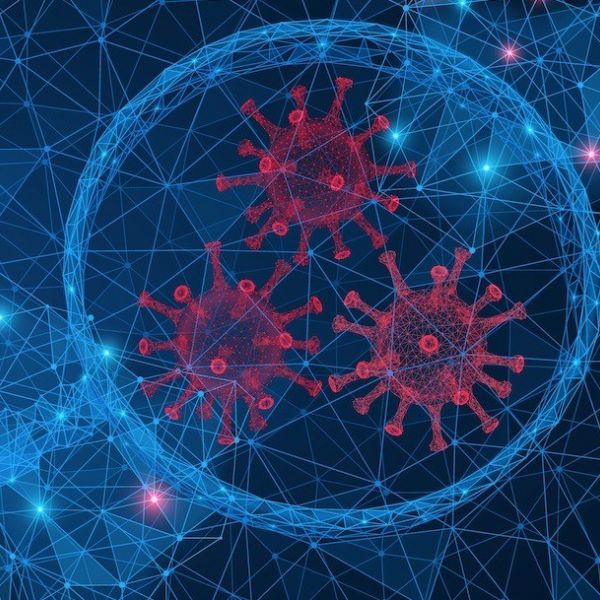
Apr 01, 2021
Origins of an outbreak
It was late January 2020 when Maciej Boni realized that the COVID-19 pandemic was about to take over his life. Boni, associate professor of biology, is an epidemiologist with extensive expertise in viral evolution, including a recent focus on human and avian flu. When COVID-19 hit, he tapped into a network of colleagues around the world, quickly joining an international team intent on tracking the outbreak to its origins.
Full Article
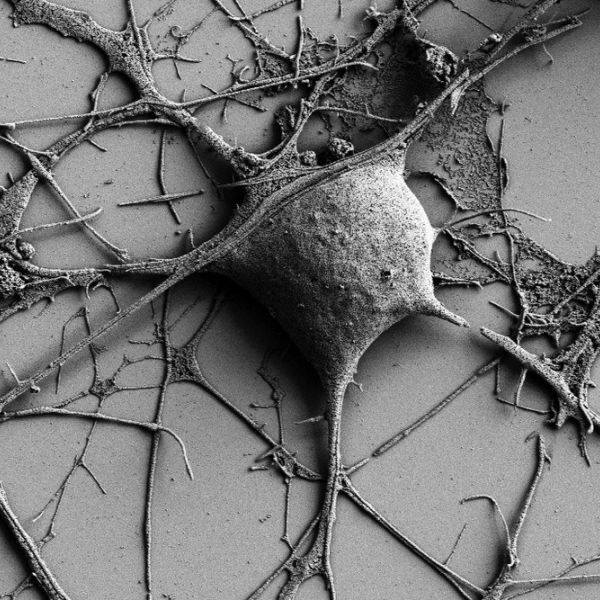
Mar 30, 2021
Exploring variations in herpes virus symptoms
Why do some people with cold sores around their lips experience painful lesions, while others have no symptoms at all, yet still spread the virus? A new study conducted at Penn State finds that these differences could be due to variations in the way certain strains of herpes simplex (HSV-1) — the virus that causes cold sores, as well as genital herpes — activate gene expression in neurons.
Full Article
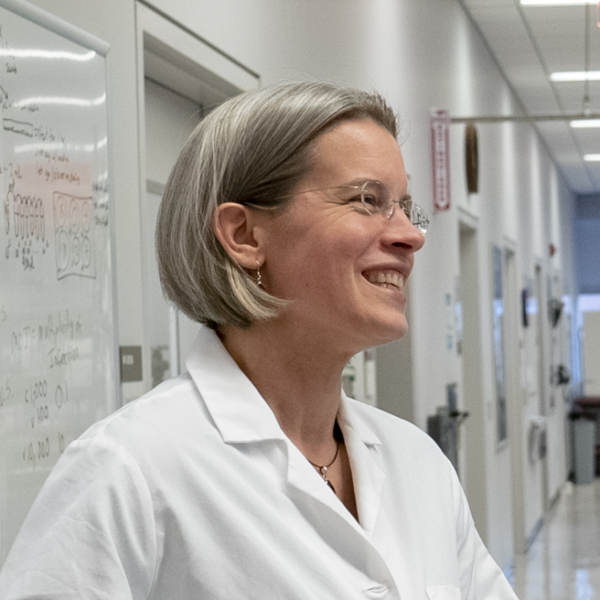
Mar 30, 2021
Penn State virologist Szpara to co-host COVID-19 vaccine education town halls
Moriah Szpara, associate professor of biology and of biochemistry and molecular biology at Penn State, will co-host two COVID-19 vaccine education town halls at 7 p.m. EST on Wednesday, March 31, and Wednesday, April 7, with Benhur Lee of the Icahn School of Medicine at Mount Sinai.
Full Article

Mar 18, 2021
Ottar Bjørnstad elected to Norwegian Academy of Sciences and Letters
Ottar N. Bjørnstad, distinguished professor of entomology and biology and J. Lloyd & Dorothy Foehr Huck Chair of Epidemiology at Penn State, has been elected to the Norwegian Academy of Sciences and Letters. Bjørnstad was recommended as a result of his significant contributions to the fields of population ecology and quantitative epidemiology.
Full Article